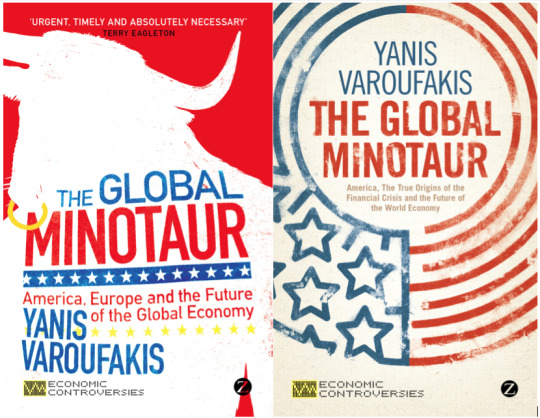I occasionally read books on economics, and they uniformly scare me.
As a parent, you look back to your own chlld-hood and realise your parents did not know what they were doing. Not because they did something bad, but because you know now that you don’t have all the answers, so they can’t have had them either. The veil of authority is removed but you can still have some degree of respect, even if not 100% agreement.
Not so with economics.
The typical economist, commentator, or politician on the Today programme will ooze confidence in their own reasoning. However, read almost anything on the fundamentals of economics, and you soon realise most of it is founded on large-scale bets, fuzzily-defended confidences and ridiculously dodgy assumptions.
I can respect practitioners, like Entrepreneurs, and to a certain extent, Bankers; more specifically, anyone who has “skin in the game”, as Taleb would say. They have to work with the horrific uncertainties of buying, selling, loaning and building, and make appropriate accommodations to get by. They support no illusions.
Go back now to the voices of Radio 4 and hear the timbre of authority, unchanged. Recent events, such as the Scottish Independence vote, and the Euro crisis, have revealed this to be nothing but bluff and bravado. As pointed out by the book, Yanis Varoufakis is disliked by the establishment because he is erudite, capable, and more than willing to point out the many flaws in the mechanisms of the modern world.
Surprisingly, this is not really a book about Greece. Against the themes of this book, Greece is at the level of roadkill. This is not a book about blame either. Many people are discussed as potent and deliberate actors but there is no desire for retribution.
This is mostly a book about balance at the macro-economic level, with a side-order of theoretical sleight-of-hand thrown in as horrific entertainment on the side.
His main thrust is that the required mechanisms of balance between exchange rates, surpluses and trade that were set up in the post-war period, based on sound fears of a repeat of the Great Depression, were deliberately manipulated in the 70s by America in a way which inevitably led to over-exploitation in the '90s, '00s, and ultimately, to the Crash of ’08.
In my reading of this, the madness of instruments like Collateralised Debt Obligations and Credit Default Swaps was just one possible way an inherently unstable system (The Global Minotaur) could have fallen.
Overall, the book is a great compacted history lesson. My knowledge of the inter-country economic history of the past 100 years is limited, so this is welcome, but this also means I can’t say what he is leaving out. For what my opinion is worth, it was enjoyable and consistent. It also makes me want to go read up on Keynes (for his part in post-war negotiations) and the '70s (for when the madness really started). Whether I’ll have the time is yet to be seen, but it has definitely provided the motivation.
The writing style, pre-minotaur period, is quite strong and easy to read. I read most of this book on the bus and/or on the walk from school to work, so needed to pick it up again repeatedly. However, I found this hard to do when he got into his explanation of The Global Minotaur, for two reasons.
If you’ve heard Yanis speak, you know he can be clear, but sometimes get distracted by florid descriptions, and over-dramatic framing. The same goes here, with repeated entwining of the real with the simile. Regardless of whether you already knew the Greek myth, he makes it work as an explanatory tool, initially. However, he returns to it too often, stretching the isomorphism to make a point when the facts themselves, once you’ve understood the framing, can stand alone.
Over and above the re-use of the simile, he generally repeats himself too often. It’s as if the later chapters are a series of blog posts which have been concatenated together. In that context, where the reader may not have seen all previous instances, it makes sense to re-state. However, here it made me wonder if I’d accidentally skipped back a page, after re-engaging with the book.
Once you get to the end, does he offer any hope, any solution?
Early in the book, he suggests that from great turmoil comes great change. These Crises (with a capital C) are expected, and are almost a built-in razing to the ground in which new seeds can grow. He offers no new ideas, at least not in this book. In a way, he just documents the large scale needs that the global economy has now, and always has had, effectively reminding us that there is no free lunch.
He also repeatedly points out that most of what is happening now, whether it is Austerity or the European Financial Stability Facility, is just more fiction; distractions and abstractions over impotence.
The latest commentary from Yanis in the book is in the preface from 2013. In it he recommends that we resist, that we say “No!” to the mechanisms that he demonstrates in this book as illogical, and that make no accommodation for the The Global Minotaur that has so recently fallen. As we’ve seen, this strategy has not done him, nor Greece, a whole lot of good, but I honestly can’t see what else would have been better.
